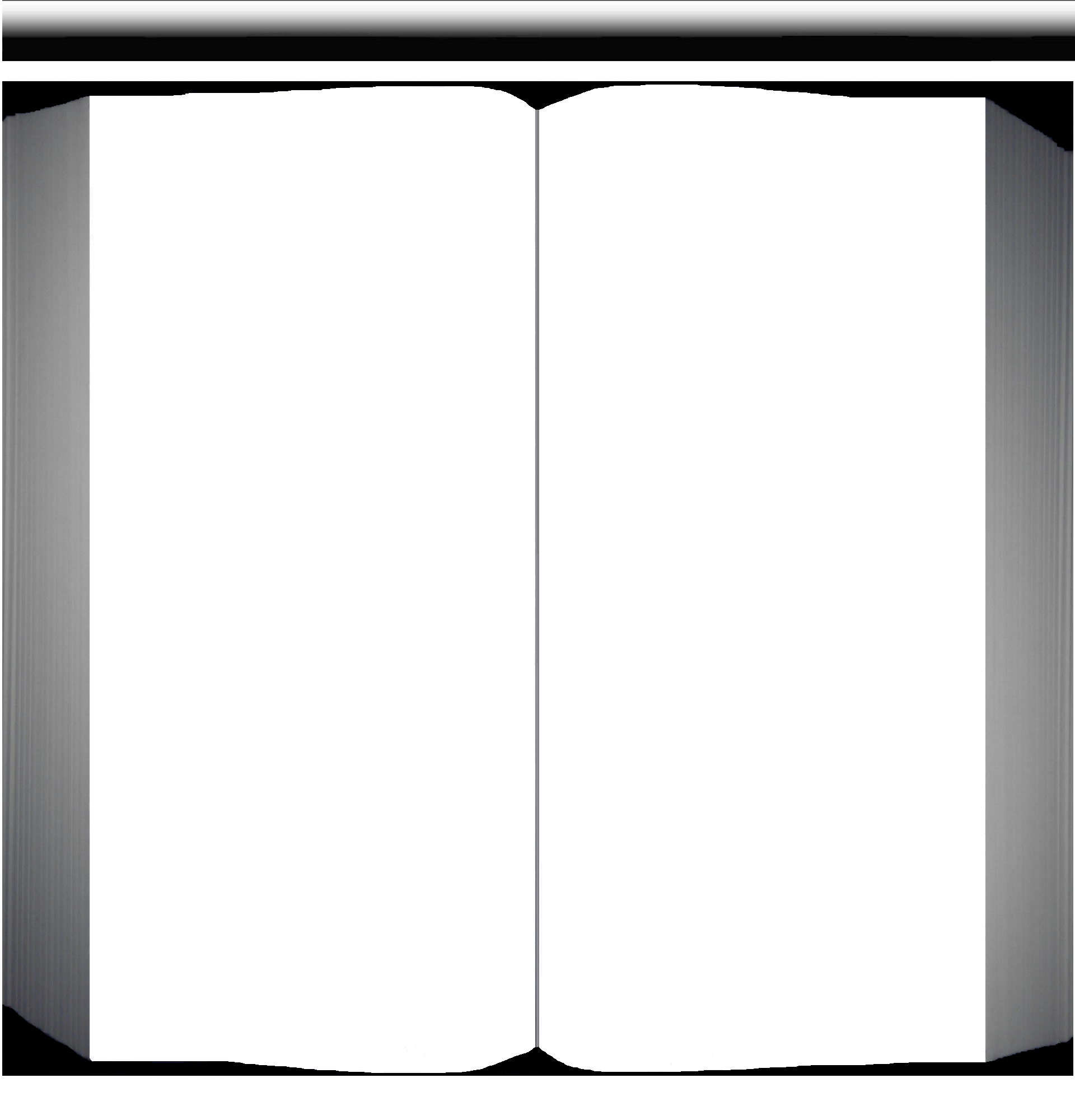

In 1939 Czechoslovakia falls to Hitler’ will. Hitler had wanted to take Czechoslovakia for a long time but he had been warned that the natural defences and strong army made it almost impenetrable by his generals. There were even plots in place to assassinate Hitler if he attempted such a foolish act, but the biggest powers of Europe would soon make a massive mistake. After Hitler had taken, Austria with no real effort, the powers of Europe were eager to stop Hitler’s advance. September 1938 British Prime Minister Neville Chamberlin met with Hitler at his Mountain top retreat. Hitler said he would invade Czechoslovakia unless Britain supported his plans to take Sudetenland (an area of Czechoslovakia around its border with Germany and full of German loyalists). Chamberlin discussed the situation with French leader, Edouard Daladier, and they met with Hitler on the 29th of September 1938 to sign the Munich Agreement. This Agreement said that Britain and France would support Germany’s take over of Sudetenland on the understanding that Germany makes no more attempts of expanding its borders. Once Hitler had Sudetenland, which contained the natural defences which the German Generals feared may have prevented an all out invasion of Czechoslovakia, nothing would stop Hitler’s invasion. Hitler also pressured the Czechoslovakia into giving Independence to Slovakia, leaving the rest (now the Czech Republic) even more defenceless. On this day in 1939 Hitler’s forces invaded Czechoslovakia and by the evening Hitler made his ‘Triumphant’ entrance into the capital city of Prague.
In 1917 Tsar Nicholas II abdicates as leader of the Russian Empire which puts an end to Tsarist Rule. After the ‘February Revolution’ between the 8th and 12th of March (called the February Revolution because it started in February based on the old Julian calendar used at the time) Tsar Nicholas II was forced to abdicate by the will of the people. His Army garrison in the capital of Petrograd (now St. Petersburg) had also joined the revolutionaries calling for socialist reforms and it was not safe for him or his family anymore. Upon his abdication he named his brother as his successor, but he wisely turned down the position which ended Tsarist rule in Russia. When counter revolutionary forces began to advance on the captive ex-Tsars position in July 1918, the soviet revolutionaries executed Nicholas, his wife, children and many of the servants, shooting them dead on the night of July the 16th 1918.
In 44BC Julius Caesar is murdered. Julius Caesar was a great military general that led his armies to victory in Gaul and England. His expansion of the Roman Republic made him very popular with the people of Rome and this feared some members of the senate including Pompey. They thought that Caesar was too powerful and so they ordered Caesar to disband his army and resign his command or become an enemy of Rome. An old Law of Rome ruled it was treason for any general to cross the Rubicon River and enter Italy with his army. Caesar crossed the river to confront Pompey who had been tasked with giving him his order to disband; an act he did not take lightly and knew would lead to Civil War in Rome. When Caesar returned to Rome with his army, Pompey and many others had fled for fear of reprisal, and Caesar took control of the senate, reforming government and becoming Emperor of Rome. Changing the constitution from a senate led republic to an empire created more animosity and enemies for Caesar and on this day in 44 BC he was assassinated by his friend Marcus Brutus and other senators of Rome.